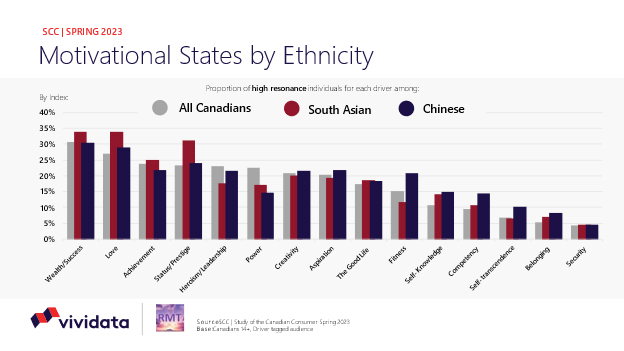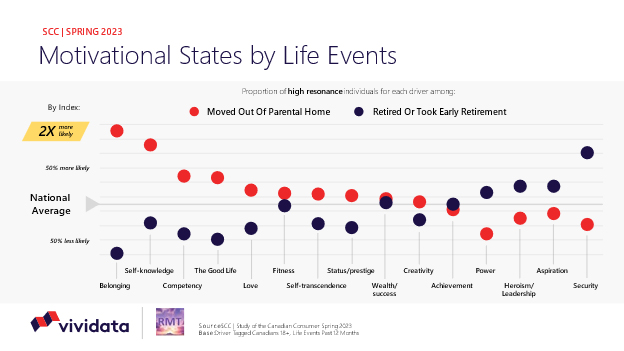Powerful Mind Part 29
Welcome to this week’s Bill Harvey Blog, September 19, 2025.
Created September 22, 2023
Read Powerful Mind Part 28 | See all 12 Powerful Mind Keys

We have all been brainwashed. It was not done because of any conspiracy. It arose naturally as a result of the original minorities that seized power, the education systems and other structures that bloomed in the environments of those governments, the media the species invented, the economics of media and marketing in the world as it became.
The world we came into, the best intentions of our parents, and our own tabula rasa impressionability did the rest. Operant conditioning was applied “accidentally”. Our parents wanted to prepare us for life with all its warts, and so their advice was designed to help us avoid mistakes they had learned from, painfully. We, of course, insisted on learning for ourselves. By the time our childhood peers became more influential upon us than our parents had been, most of our behaviors, gestures, facial expressions, comments, likes, dislikes, and tendencies had already been conditioned by family influences, including the friends of the family to whom we were exposed.
We were more like little imitative monkeys than we realized. We were generally not cognizant of how what we thought of as our self was being formed by others. Later in life, we all realize it to some degree sooner or later. Some of us, more than others, upon realizing this insidious process and how it shaped what we thought of as our own thinking, rebelled. Without realizing it, perhaps we repressed anger at our parents for having controlled our belief systems and values to the degree they had. We suddenly valued independent thinking as a thing that had never mattered to us before. Often, in the process of trying to differentiate ourselves from those who had influenced our development, we came around to realize years later that the fight against the early conditioning had led a circular path right back to performing along the early ingrained lines anyway.
How can we, in reality, make a clean, permanent break from the brainwashing we endured and continue to endure each day?
How can we take charge of ourselves, stripping away the external influences, and will we find anything left of ourselves once we have done that? How scary to feel that without all the mimicry programs, there might not be a “self left to stand on”? Never fear. You do have a real self under all that. Your dreams, visions, and hunches tap into the roots of your individuality, even though they may be tainted by external influences too. Which is why it is a good idea to pay attention to your deepest thoughts, feelings, images, memories, and to analyze and understand what they mean, what your non-conscious mind is trying to communicate to your conscious mind.
This is all about you and your life, what you want to do with the blank canvas, which by now has scribbling all over it.
Don’t trash the scribbling because it too has messages that will help you understand yourself. Everything you have done – even things you now regret – is of positive value to you as learning experiences, and you have probably not yet extracted all of the learning you can get out of each experience. Looking back over your life, as we said here, especially the memories that still evoke emotion in you, is for the purpose of extracting the remaining lessons. Once you have fully assimilated an experience that has always made you feel guilty and ashamed, those feelings will no longer have any sting.
Metacognition – studying yourself – can actually unwind emotional blocks and take the sting out of “bad” memories. That is not the only benefit of metacognition, but it’s an important one.
How much have you gotten out of this series of posts so far? One way to look at that is to remember the “wants” that came into your mind when you read the post “What Do You Really Want?” Hopefully, you took notes either on paper or in a device and kept those notes, and if so, you can review them now. In any case, what you can do right now is to repeat the short exercise of writing down the things you want, and even if you have no notes, you can think about how the wants you write down now might have changed. Your inner processes are not all at the conscious level, so you could be surprised at noticing that certain things you said you wanted a couple of weeks ago now don’t seem as important to the you of now. And maybe other wants have risen higher recently.
Think about this for a moment: which wants do you want to have, and which wants would you rather not have?
There could be things that used to drive you, and caused you painful experiences—these may be wants you don’t want to have anymore.
Also, I have found that it helps to throw off desires I have by plumbing the depths of, “Where did I get that want in the first place?” Once I discover how a want was planted in me, it makes it all the easier to cast off that want or to dial it down.
One of the most pernicious wants – especially if it becomes a need – is the desire for approval by others. Self-approval is, of course, a bedrock requirement. If we don’t like ourselves for any reason, we are going to be undermining ourselves, like a scorpion continuously addicted to constantly stinging itself. Why be that way? It’s an insult to the opportunity of life itself. You have to be on your own side. If something is preventing that, it’s a top priority to contemplate that first, and conquer it, no matter what else you might have to give up or dial down.
Whereas self-approval is a good thing, the need for approval from others is very undermining. Catch yourself justifying yourself to others: it is evidence that your need for the approval of others is causing you to act in a pathetic manner. Not everyone around you is sharp enough to see that consciously, but everyone can sense that you are needy without clarifying that in words in their own minds. Do you really want to appear needy to others? Is that really going to help you accomplish what you wish to accomplish in your life? Best to edit out those words that your impulsive default network sends to your tongue to enunciate.
Ask yourself:
-
- What are you going to accomplish with the remainder of your life?
- What is your mission, your purpose, your goals?
- How are you going to deliver the gifts you have been given to the rest of the world.
- How are you going to leave something behind that will make you feel fulfilled when you breathe your last breath?
Love to all,
![]()





